In 1998 Einstein created its first terminal master’s degree program, leading to an M.S. in clinical research methods. At that time there were very few training programs for physicians like it across the country.
In the two decades since then, under the guidance of director Aileen McGinn, Ph.D., and former directors Ellie Schoenbaum, M.D., and Paul Marantz, M.D., M.P.H., the program has trained dozens of clinical research scholars in a variety of specialties.
Here, five of those scholars from across the years talk about CRTP and how it has made all the difference in making their research possible.
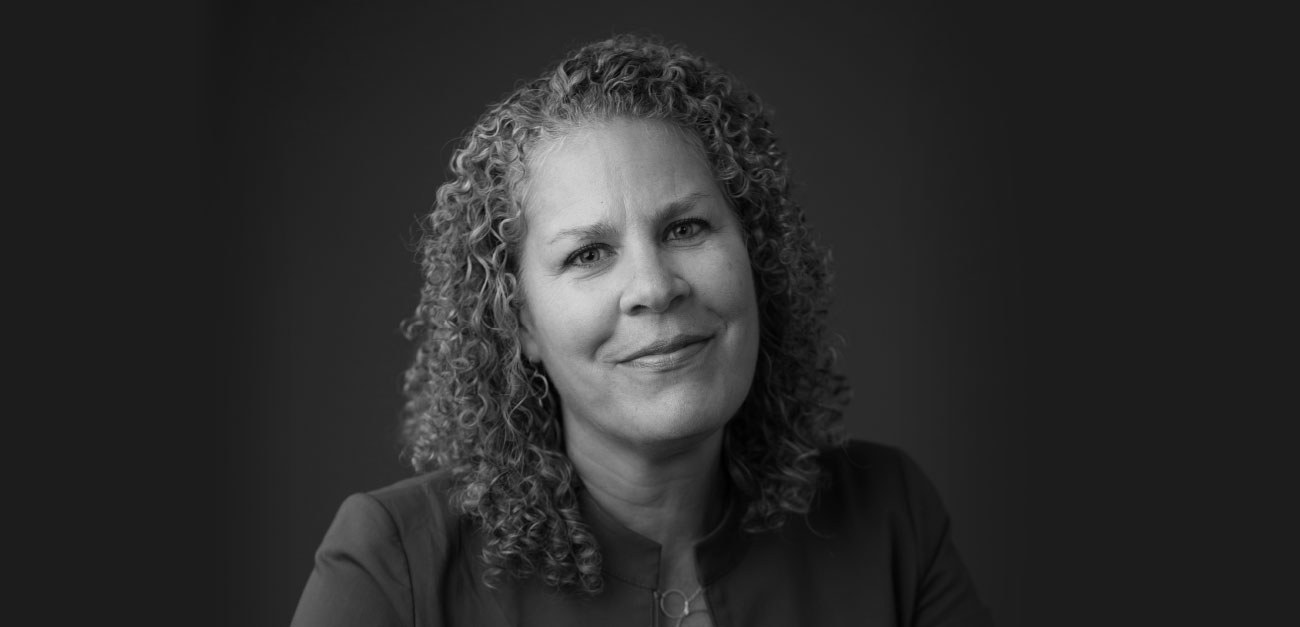
CRTP Class of 2009; associate division chief of general internal medicine at Einstein and Montefiore and professor of medicine, of family and social medicine, and of psychiatry and behavioral sciences at Einstein
Twenty or 30 years ago, M.D.s usually didn’t pursue formal research training. Programs like CRTP didn’t exist. Today, one might think that one could do research without this training, but there’s no way.
— Dr. Chinazo Cunningham
“It was in the early 2000s when I first started to think critically about how best to deliver care to people struggling with homelessness, drug use, and HIV. I was collecting data but didn’t know how to analyze the information. When I look back at my first study, I cannot believe it was published, and I shudder at the thought of my name on it. I’m proud I was able to do it, but the level of rigor was terrible. I finally realized I had to go back to school.
Perhaps the most valuable things I learned in CRTP were how to do statistics, use statistical software, and write code. For the previous three or four years, I had all these questions about research methods, and all of a sudden they were being answered.
Nowadays, I do less and less hands-on work with statistics, only because I work with statisticians who do it for me. What’s important is that I have the ability to discuss things with them. It eliminates any miscommunication.
During CRTP, I continued my studies of marginalized populations and published about 10 papers on that work. My thesis project was to write a large, multisite National Institutes of Health (NIH) grant. It didn’t get funded, mainly because I was ahead of the curve in terms of addressing this population. Nonetheless, that effort was a turning point—the beginning of my NIH-funded research career. This is what I’ve always wanted to do. I love it.
One of my goals now is to make sure that junior faculty don’t take the same path I did. If they’re interested in research, I tell them they have to get the right skill set. Four years ago, we developed a general internal medicine research fellowship, and all of our fellows are required to enroll in CRTP.
It’s a different world now for clinical researchers. Twenty or 30 years ago, M.D.s usually didn’t pursue formal research training. Programs like CRTP didn’t exist. Today, one might think that one could do research without this training, but there’s no way.”
Dr. Cunningham is currently the principal or co-principal investigator on four NIH grants: “Mentoring Researchers on Drug Abuse and HIV,” “Resilience in HIV-Infected Drug Users,” “Does Medical Cannabis Reduce Opioid Analgesics in HIV+ and HIV- Adults With Pain?” and “The Center of Excellence in Promoting Learning Health System Operations and Research at Einstein/Montefiore (EXPLORE)”.
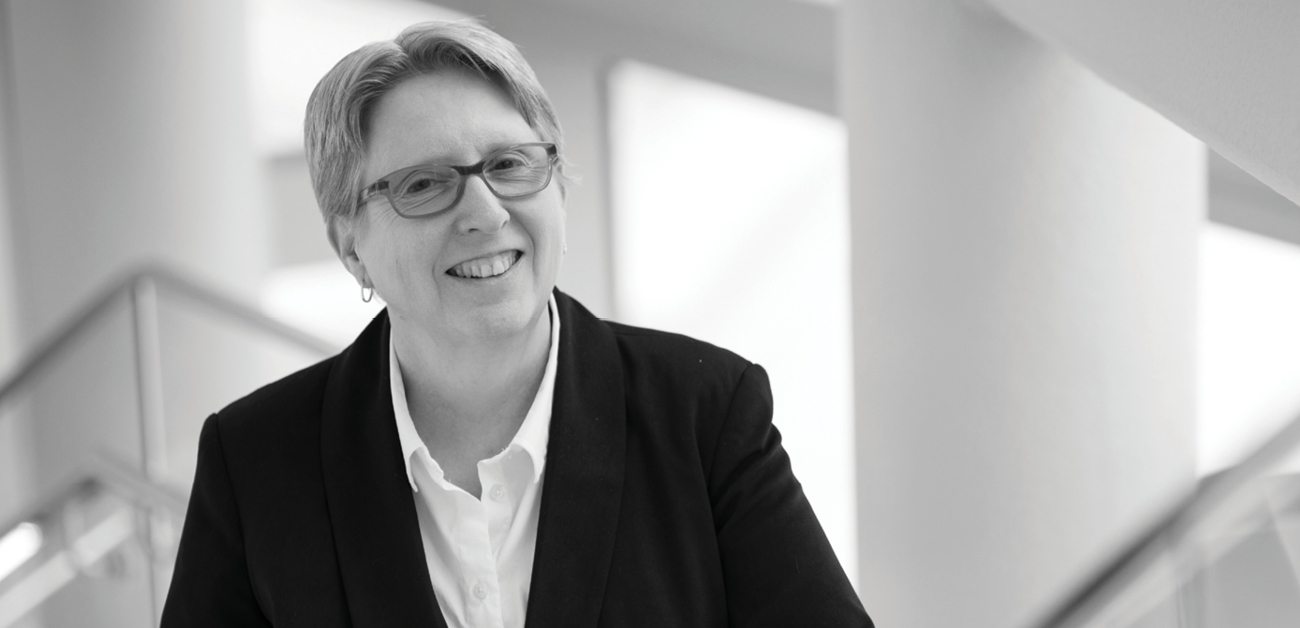
CRTP Class of 2000; professor and chair, department of family medicine and community health, University of Massachusetts Medical School, Worcester
“Those who stand to benefit most from CRTP are researchers on the verge of becoming independently funded investigators. That describes me in the late 1990s. I was starting to do clinical research, but I soon realized there were significant gaps in my knowledge of research methods, particularly in study design and statistics. CRTP offered a unique opportunity to focus on these and other core competencies—much more so than in a conventional master of public health program.
During CRTP, I was able to continue to strengthen my research. It involved seeing how clinicians in community health settings communicate results to patients about mildly abnormal Pap smears and what patients understood about those results. Several papers came out of that work.
It was incredibly valuable having not one but several mentors during CRTP. One helped me with statistics, another with qualitative methods. My primary mentor was Michael Mulvihill [then director of the division of research in family medicine, and now professor emeritus], who was, and still is, my most important mentor in terms of my overall career development.
Immediately after the program, I received a Robert Wood Johnson Generalist Physician Faculty Scholar Award, which I used to explore barriers that adolescent girls face in starting gynecologic care. The award was a major career milestone, and I would have been far less likely to receive it without my formal research training. The CRTP credential says to grant reviewers, “This person really does have the skills to be an investigator.”
There was another side effect of CRTP as well. By staying here, as opposed to going to an outside master’s degree program, I was exposed to researchers across multiple departments in the Einstein and Montefiore world. It was like becoming part of a family. There’s a real leap of faith that you’re going to be able to support part of your salary as a clinician-investigator. Being able to network with more-senior faculty bolstered my confidence that I could be successful in this career path.”
Dr. McKee is the former director of the New York City Research and Improvement Networking Group, sponsored by Einstein’s department of family and social medicine, where she oversaw a wide range of practice-based research and quality-improvement efforts, with the goal of improving care for the urban underserved.
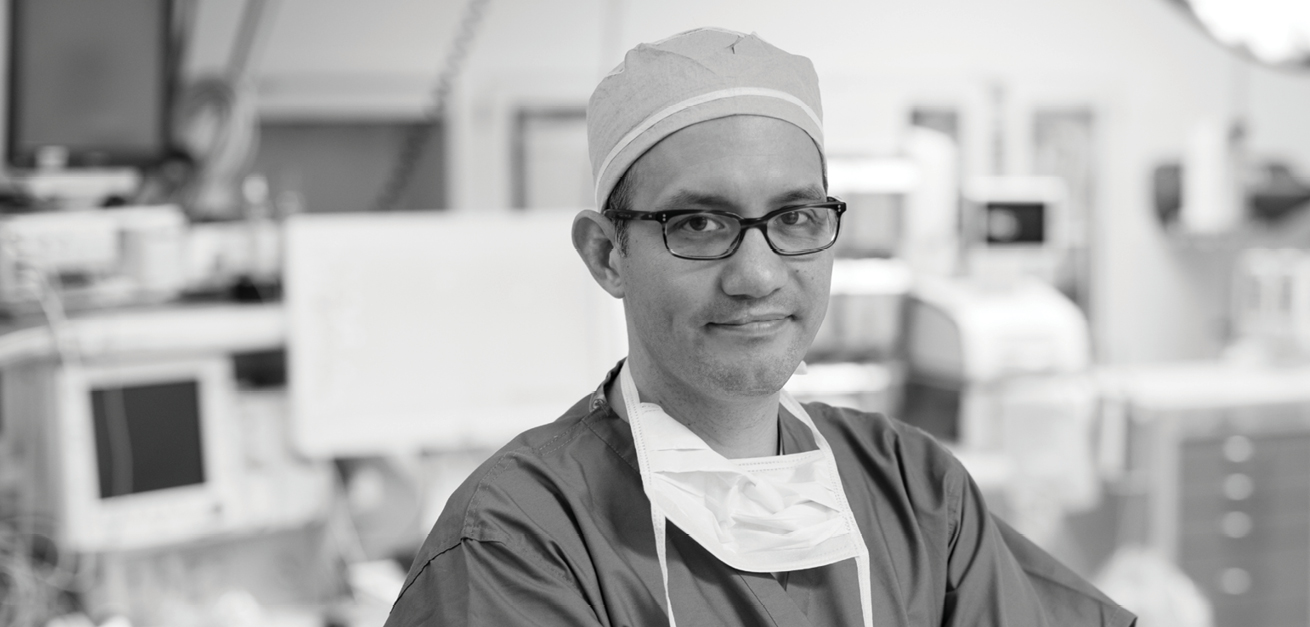
CRTP Class of 2017; associate professor of otorhinolaryngology–head & neck surgery and of pathology at Einstein and Montefiore
That’s the sign of a true mentor: someone who knows what’s good for you and pushes you in directions that you might not otherwise go.
— Dr. Thomas Ow
“I was hired at Einstein and Montefiore in 2012 to be a surgeon-scientist. I’d had some experience in basic and translational science and wanted to continue building our head and neck cancer research program, which has a strong relationship with the department of pathology.
In 2015, I was accepted as a K12 Paul Calabresi scholar, which required work in career development. One of my senior colleagues, Mark Einstein, was a CRTP graduate, and he strongly suggested that I enroll in CRTP. It wasn’t an ultimatum, but he wisely advised that I needed more experience with statistics, clinical research study design, and grant writing. That’s the sign of a true mentor: someone who knows what’s good for you and pushes you in directions that you might not otherwise go.
My primary mentors were (and still are) Evripidis Gavathiotis [professor of biochemistry and of medicine], who has helped me stay current with experimental therapeutics and cancer cell signaling, and Chandan Guha [professor of radiation oncology, of pathology, and of urology], whose expertise in radiation biology, immunology, and stem-cell biology has helped me move my research into those fields. Having a basic scientist and a translational investigator as my mentors is critical for someone like me, who is balancing a career that combines lab work and patient care.
At the end of CRTP, I received a National Institutes of Health K23 Mentored Research-Scientist Career Development Award. My project focuses on the association between key genetic and molecular characteristics of head and neck squamous-cell cancer and tumor-cell resistance to cisplatin and radiation.
CRTP was instrumental in helping me develop my research and submit a competitive grant application. It has truly improved my ability to differentiate outstanding research from work that has inherent design flaws. I feel like a true expert when I discuss clinical and translational research with my peers and leaders in the field. If programs such as CRTP were universally available, I think science and research would advance more quickly.”
Dr. Ow specializes in the surgical treatment of head and neck tumors, including those that occur in the mouth, throat, larynx, neck, sinuses, salivary glands, and thyroid gland, and of skin cancers that occur on the scalp, face, and neck. He is a translational investigator who is focused on molecular and genomic alterations in head and neck squamous-cell cancer that can be used to develop important biomarkers and treatment targets.
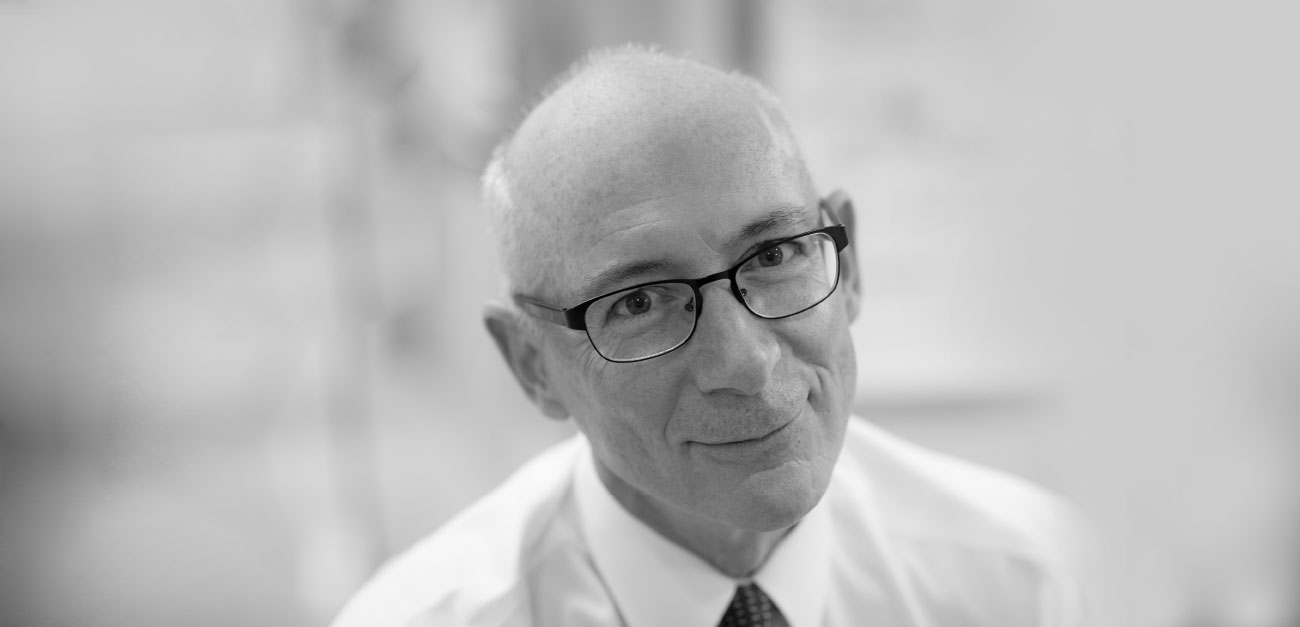
CRTP Class of 2007; chief of the division of hospital medicine at Einstein and Montefiore and professor of medicine at Einstein
CRTP changed absolutely everything. It would be hard to overstate the effect it had on my life.
— Dr. William Southern
“I’d been working as a hospitalist for 10 years, mostly providing clinical care and teaching. Then I decided it would be a good idea to study the relative effectiveness of hospitalist versus nonhospitalist care, based on data from electronic health records. I didn’t know much about how to design a study, collect data in a rigorous way, do statistical analyses, or even write a paper—and I guess it showed.
Before sending the paper off to a journal, I gave it to my division chief, who gently said, “Maybe you’ll get it published someday, but if you want to do research, you’ll need additional training.” After that humbling experience, I enrolled in CRTP.
It would be hard to single out which CRTP course was the most important. The statistics courses were certainly invaluable, where I learned statistical principles and how to use statistical software, among many other things. So, too, were the courses in epidemiology and grant writing. Almost immediately, I was able to apply what I was learning in class to my CRTP research project—a redo of that hospitalist versus nonhospitalist study, with a new study design, new data analysis, new everything.
I ultimately did publish my work in 2007, the year I graduated from the CRTP course. That was only the beginning. I’ve published dozens of papers since then. CRTP changed absolutely everything. It would be hard to overstate the effect it had on my life. I once thought conducting research was inaccessible to me, but it has turned out to be an extraordinarily rewarding part of my career, personally and professionally.
Today, my job entails running the medicine services at Montefiore’s Moses, Weiler, and Wakefield campuses. The skills that I took away from CRTP have allowed that work to flourish. As before, I have access to patient data, but now I have the ability to draw valid conclusions about the type of care we offer and how we can do it better. I would never have been able to do that before CRTP.”
In May 2019, Dr. Southern was the senior author of a study showing that patient safety is not compromised by allowing physicians to view multiple electronic patient records at the same time—a practice barred at 40% of the hospitals across the nation. The paper was published in the Journal of the American Medical Association.
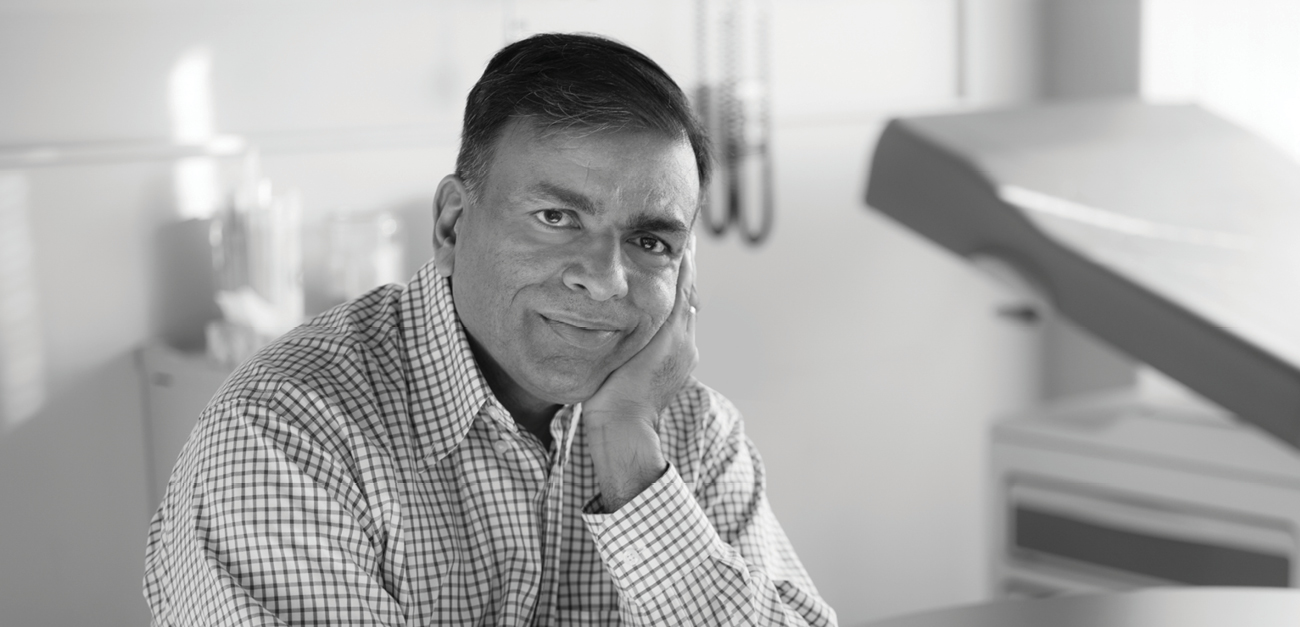
CRTP Class of 2001; professor in the Saul R. Korey Department of Neurology, the Murray D. Gross Memorial Faculty Scholar in Gerontology, and director of the Jack and Pearl Resnick Gerontology Center
“I didn’t go to medical school because I wanted to become a doctor; I went because I was good at my studies. In time I realized that what I really wanted to be was a researcher. I started doing clinical research during my residency in neurology here at Montefiore, but I was a bit worried because my computing and math skills weren’t all that great.
As luck would have it, CRTP was just getting started when I was finishing my fellowships [in aging and dementia and in neurophysiology]. Since I was already familiar with Einstein and Montefiore, I didn’t want to go elsewhere to learn more about clinical research.
Right from the beginning, the program had a practical emphasis. It gave us the tools to succeed as clinical researchers—tools such as statistics and epidemiology and study design—and I could see immediate applications in my studies.
One of the best aspects of CRTP is that it can accommodate each student’s needs. For example, I decided to change my thesis when I came up with a better study idea. I was already halfway through the program, but the faculty were supportive. As it happened, one day a colleague told me that he saw two older women walking and talking and they were so engrossed in their conversation that, when they came to a door, they didn’t know what to do.
It was fascinating, this idea that doing two things can interfere with your ability to do a third thing. There were a few case reports in the literature about this, showing that those nursing home residents who had to stop walking while talking were the ones who fell most often.
I decided to create my own walking-while-talking divided-attention test. I discovered that elderly people whose walking had slowed down by a third had a huge risk of falling during the next year. This idea led me in many different directions, and I’ve incorporated it into many of my studies.
CRTP was a real eye-opener. Interacting with students and faculty from different disciplines and in different stages of their careers gave me a broader perspective on research life, on the intersection of clinical and research duties, and on possible career paths.”
Dr. Verghese serves as principal investigator for multiple NIH funded studies examining both normal aging and the special challenges of Alzheimer’s disease and other disorders involving cognitive and motor decline. He is a two-time recipient of the CRTP “Mentor of the Year” award.